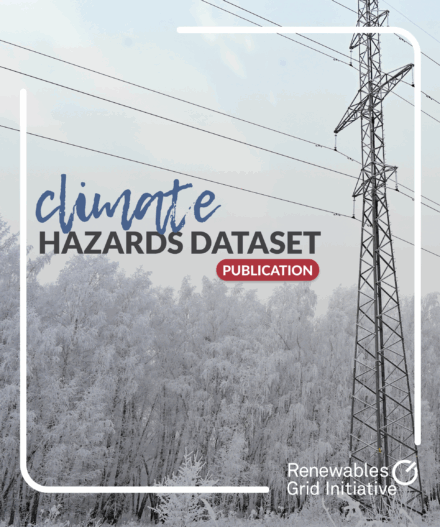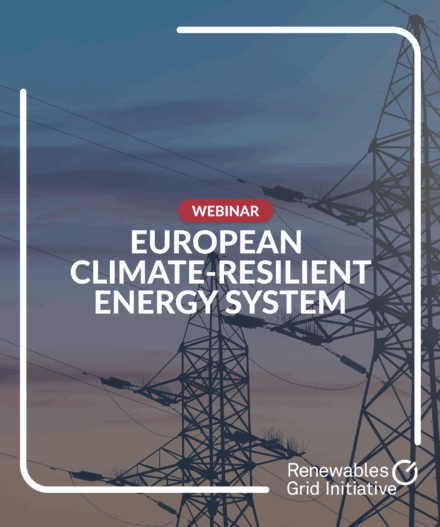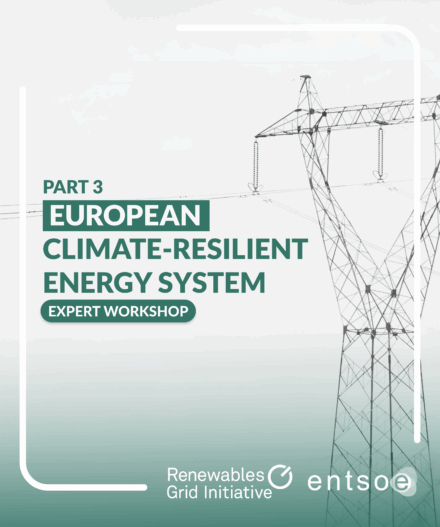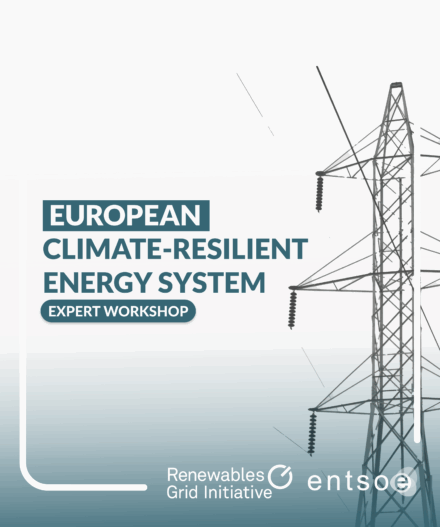Organised by: RGI and ENTSO-E
RGI and ENTSO-E’s joint workshop fostered expert discussions on incorporating climate adaptation measures into the European grid planning process. The workshop brought together grid operators, researchers, NGOs, policymakers and regulators to discuss the development of a new climate adaptation indicator that can be integrated into ENTSO-E’s Cost-Benefit Analysis (CBA) methodology.
The European Network of Transmission System Operators for Electricity’s (ENTSO-E) Ten-Year Network Development Plan (TYNDP) provides scenarios to guide the planning of the European energy system and select Projects of Common and Mutual Interest (PCIs/PMIs). These projects are being assessed by the Cost-Benefit-Analysis (CBA) Methodology. With the increasing climate change, changing weather patterns and extreme weather events, a new indicator under the CBA Methodology is needed to reflect adequate climate adaptation measures implemented by project promoters.
Workshop goals and outcomes
Building on the knowledge acquired from the previous “European Climate-Resilient Energy System” Expert Workshop, ENTSO-E and RGI are working together with different stakeholder groups on how indicators could be incorporated into the aforementioned methodology.
In the first part of the workshop, ENTSO-E and RGI presented to the participants two key parts of the framework to guide the indicator: a dataset of climate and weather-induced events that are likely to impact electricity infrastructure and potential adaptation measures, and a methodology to calculate costs of addressing (and failing to address) these impacts.
During the second part, representatives of the European Scientific Advisory Board on Climate Change (ESABCC), the European Investment Bank (EIB), Elia (Belgian TSO) and Marsh McLennan Consultants presented their insights related to climate adaptation and development of the framework.
The work on the framework will continue throughout 2025. The new indicator is aimed to be implemented in the next TYNDP update and the 5th edition of the CBA Guideline.
Workshop Presentations
Read the full Summary Report
All statements in this document have been summarised by the Renewables Grid Initiative, based on the common understanding of the discussions carried out during the workshop. The opinions expressed in this document are independent of RGI and ENTSO-E, and shall not be used to reflect the view of specific participants.
Learn more about the climate-energy nexus
contact
Dr. Andrzej Ceglarz
andrzej[at]renewables-grid.euDirector – Energy Systems
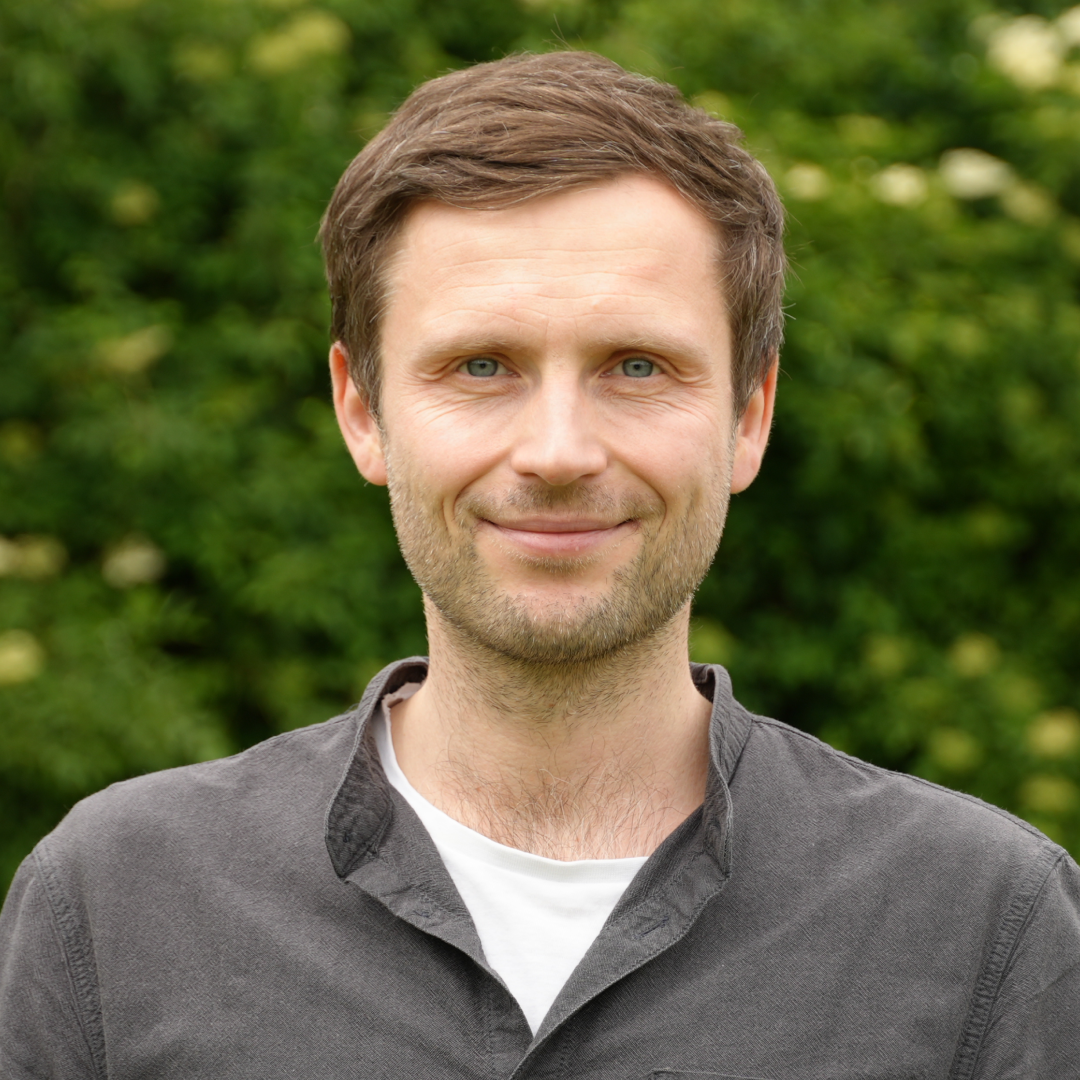
Dr. Ira Shefer
ira[at]renewables-grid.euManager – Energy Systems





